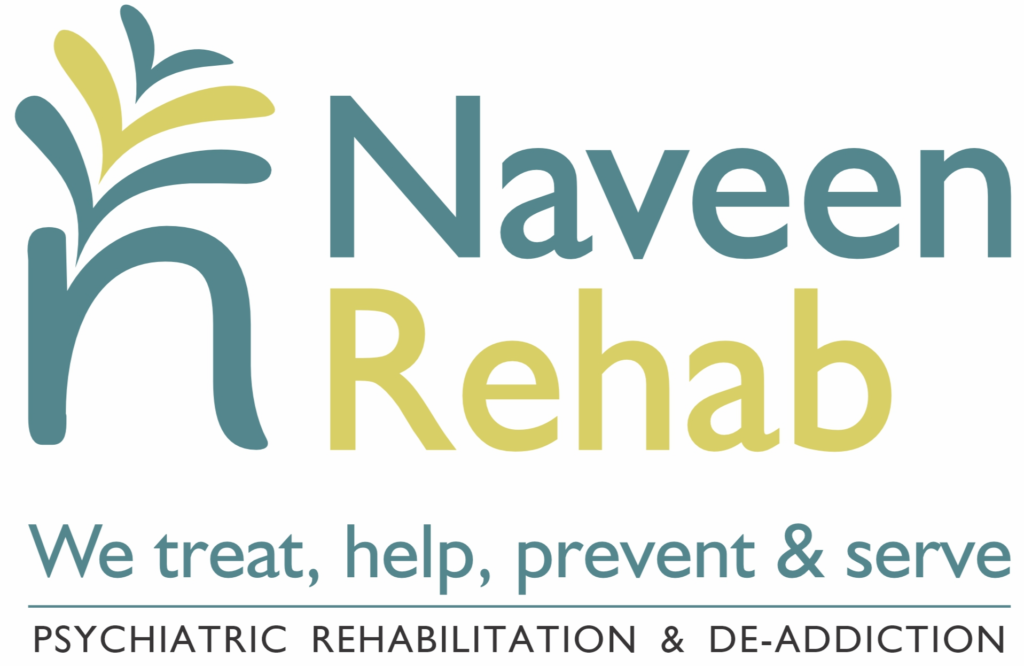Personality Disorders
Treatment for personality disorders frequently entails a mix of different therapies, drugs, and self-help techniques. Through our effective treatment and compassionate care, we at Naveen Rehab work with the patients to help them rediscover themselves.

Personality Disorders Treatment @ Naveen
At Naveen, we have a professional team of Personality disorder therapists experienced in managing personality disorders of all types. It is one of the most difficult disorders to treat in Psychiatry because people with personality disorders don’t think that their behaviouris problematic, so they don’t seek treatment. We use psychotherapy to help identify troubling emotions, thoughts, and behaviors. A combination of techniques including CBT, and DBT based on the type of personality disorder are being employed to help the patient cope with the disorder.
- What?
- Why?
- How?
A personality disorder is a mental health condition that involves long-lasting patterns of thinking, feeling, and behaving that deviate from the expectations of the culture. These patterns are inflexible and cause significant distress or problems functioning in relationships, work, or other areas of life.
Personality disorders typically develop in adolescence or early adulthood and affect how a person perceives themselves, others, and their surroundings. These disorders can result in challenges such as difficulty forming healthy relationships, managing emotions, and coping with stress. In severe cases, they may also lead to maladaptive behaviors that disrupt daily life. The impact of a personality disorder can vary, but treatment, including therapy and sometimes medication, can help individuals lead more fulfilling lives and manage the symptoms effectively.
Genetics: Some studies have shown that people with personality disorders are more likely to have a family history of the condition. This suggests that there may be a genetic component to personality disorders.
Environment: People who experience childhood trauma, such as abuse or neglect, are more
likely to develop personality disorders. This suggests that environmental factors can also play
a role in the development of personality disorders.
Brain chemistry: Some studies have shown that people with personality disorders have
differences in brain chemistry. For example, people with borderline personality disorder may
have lower levels of serotonin, a neurotransmitter that is involved in mood regulation.
Childhood trauma: People who experience childhood trauma, such as abuse or neglect, are more likely to develop personality disorders.
Parenting style: People who grow up in a chaotic or unstable home environment are more
likely to develop personality disorders.
Peer influences: People who are surrounded by people with personality disorders are more likely to develop personality disorders themselves.
In addition to genetic, environmental, and brain chemistry factors, certain personality traits or coping mechanisms developed during childhood can contribute to the onset of personality disorders. For instance, children who are exposed to inconsistent or overly harsh discipline may struggle with emotional regulation, leading to maladaptive behaviors later in life. Similarly, lack of social support or positive role models during formative years can increase vulnerability to developing personality disorders. Over time, these influences can shape an individual’s worldview, coping mechanisms, and interactions, reinforcing patterns of behavior that align with a particular disorder.
- Distorted thinking: People with personality disorders may have trouble understanding or interpreting the world around them. They may also have unrealistic beliefs about themselves
or others. - Abnormal emotions: People with personality disorders may experience intense emotions
that are out of proportion to the situation. They may also have difficulty regulating their
emotions, which can lead to impulsive or destructive behavior. - Impaired social functioning: People with personality disorders may have trouble forming
and maintaining relationships. They may also have difficulty understanding and responding
to the needs of others. - Trouble with self-image: People with personality disorders may have a distorted sense of
self-worth. They may also have difficulty making decisions.
In addition to these challenges, individuals with personality disorders may struggle with maintaining stable moods, leading to frequent shifts between feelings of anger, sadness, or elation. This emotional instability can strain relationships and make it harder to manage everyday responsibilities. Furthermore, their difficulty in handling stress can result in poor decision-making or risky behaviors. Treatment options, such as psychotherapy, can help individuals develop healthier thought patterns, regulate emotions, and improve social interactions, ultimately leading to better functioning and self-understanding.


